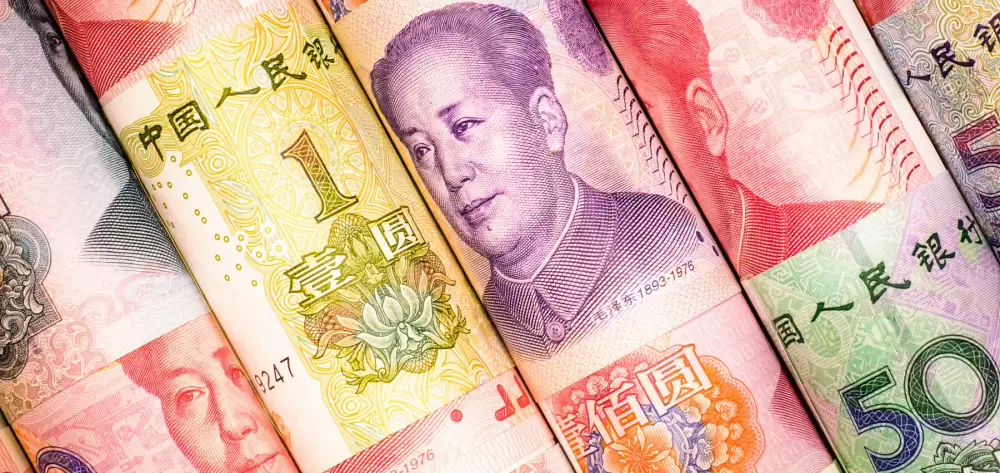In addition to standard bank accounts denominated by Swiss francs, many Swiss banks also offer accounts denominated by euros, U.S. dollars and other major currencies.
Euro-based private accounts, savings accounts and business accounts are widely offered. Some banks also offer accounts denominated by other currencies like the U.S. dollar, British pound or Japanese yen.
Advantages of foreign currency accounts at Swiss banks
1. Avoiding exchange costs. If you frequently send and receive money directly to and from your bank in a specific foreign currency, using a private account in that currency can help you avoid losing money on currency exchanges.
For example, euros transferred into a euro account do not have to be converted into Swiss francs and euros transferred out of a euro account to another euro account do not have to be converted from Swiss francs into euros.
Swiss banks generally apply a fairly wide spread to foreign currency exchanges, so converting currency can be expensive and should be avoided whenever possible.
2. Diversifying assets. A currency’s value depends on the economy behind it. Holding your savings in more than one currency can help to reduce the risk of losing wealth if the value of a currency falls.
The benefit of holding your foreign currency savings in a Swiss bank is that your savings benefit from the Swiss depositor protection guarantee and Swiss privacy laws.
Disadvantages of foreign currency accounts at Swiss banks
Many Swiss banks charge a fee when you make cash withdrawals from foreign currency accounts in the same currency as the account. Some banks even charge a fee when you make cash deposits into your account even when the deposit is in the same currency as the account. Banks justify this fee by claiming that it covers the administrative costs of obtaining and managing cash in foreign currencies.
At UBS, for example, you pay a fee equal to 1% of the amount transacted when you deposit euros into or withdraw euros out of your euro private account in cash. Transactions worth less than EUR 1000 performed at the till command a 2% fee.
The Zürcher Kantonalbank (ZKB) charges a fee equal to 0.75% of the amount transacted for cash deposits into and withdrawals out of a euro account in euros, with a minimum fee of 20 Swiss francs. The same fee applies to accounts in U.S. dollars and British pounds.
Banks based in border regions generally offer more favorable conditions. For example, the Aargauische Kantonalbank (AKB) does not charge a fee when you deposit euros into a euro account in cash and you can withdraw euros at the bank’s ATMs free of charge. You pay a 1% fee when you withdraw euros from your account at the till.
If a large portion of your financial transactions are made in cash, make sure to open your foreign currency account at a bank which does not charge high annual deposit and withdrawal fees.
If all or most of your transactions to and from other euro accounts are made electronically, via direct debit or wire transfers, then this fee will not be an issue. For example, if you primarily receive foreign currency via bank transfers and then transfer the money directly to other bank accounts denominated by the same currency, you will not pay any cash handling fees.
Verdict:
It is important to understand that depositing Swiss francs into a foreign currency account involves exchanging Swiss francs into foreign currency. The same applies vice versa: When you settle payments in Swiss francs using your foreign currency bank account or credit card, the foreign currency is converted into Swiss francs. Doing this can be expensive because you lose money on exchange rates and other possible fees and charges.
For this reason, using a foreign currency bank account only makes sense if you expect to receive money in the currency in question and spend or save money in the currency in question.
Swiss USD and EUR accounts are included in the unbiased savings account comparison. You can use the comparison to find the foreign currency accounts with the most favorable interest rates.
More on this topic:
Savings account comparison
Precious metals accounts explained









